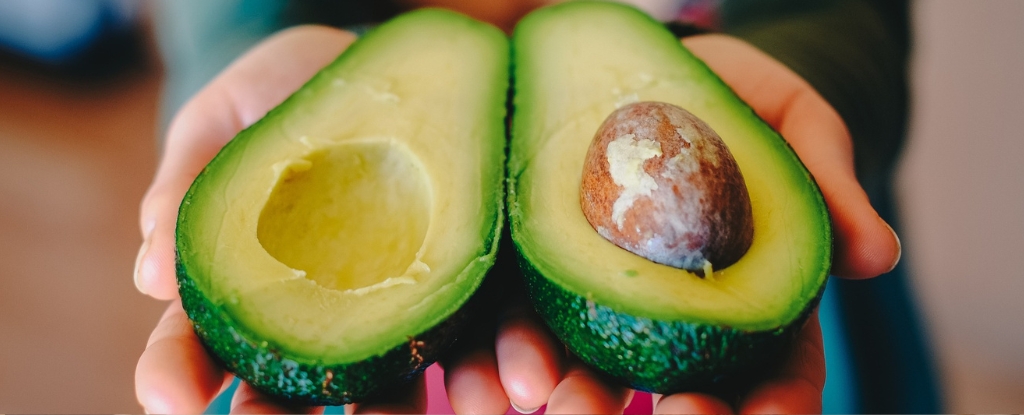The article seems to be shittily written in my opinion but I figure if you watch the video (about a minute) it will get the point across.
My question lies in, do you think this will benefit the health of the people moving forward, or do you fear it being weaponized to endorse or threaten companies to comply with the mention of Kennedy being tied to its future as mentioned in the end of the article



Care to elaborate on what you are referencing?
Just focusing on the article and FDA statements - it reminds me of a chapter in Colin Campbell’s book, The China Study. He was part of some of the committees that were involved in drafting dietary guidelines, which ended up including the now-infamous idea that fats should be reduced. In his own book he lamented how it turned out, but from his perspective it had more to do with the over-emphasis on specific nutrients (like fat, but it’s also worth noting that these early guidelines did contribute to the rise of the supplements industry as well).
When these guidelines are made, what they become is essentially a hodgepodge of ideas that try to placate both nutritional professionals, as well as industry lobbyists (who are always involved in these committes and aggressively try to push their own recommendations).
So in the case of these new guidelines what I think we’re seeing here is more of the same. In nutritional science there is a scientific consensus on which overall dietary pattern is considered most appropriate for the wellbeing of the general population (which is to say it currently has the largest body of evidence to support it’s benefits and efficacy). That would be the Mediterranean diet, as described by Ancel Keys. Contrary to popular belief this is not a diet that’s all about eating chicken all the time and guzzling olive oil by the gallon. “This approach emphasizes a plant-based diet, focusing on unprocessed cereals, legumes, vegetables, and fruits. It also includes moderate consumption of fish, dairy products (mostly cheese and yogurt), and a low amount of red meat.”
(As a sidenote recent research on a new “green Mediterranean diet” variant has been demonstrating that these dietary patterns produce even greater health benefits when the plant-based side of the diet is emphasized even more).
If you squint hard enough you can still see the bones of the Mediterranean guidelines in these new FDA guidelines. But now where things get self-contradicting is their statements on saturated fat. To be clear, no matter what any half-baked health influencer spouts, the evidence on saturated fat is so voluminous and thorough it could not be more concrete. Saturated fat absolutely increases your risk of cardiovascular disease, and should strictly be limited. The recommendations from Harvard:
“The American Heart Association advises a limit of 5% to 6% of your daily calories, while the Dietary Guidelines for Americans says 10% is fine. Registered dietitian Kathy McManus, who directs the Department of Nutrition at Harvard-affiliated Brigham and Women’s Hospital, suggests a happy medium of 7%. That happens to be the typical amount of saturated fat in the heart-friendly Mediterranean-style diet.”
And yet in these new guidelines you get misleading recommendations to, on the one hand, limit saturated fat, while on the other hand, they’re now going to promote potentially high sources of saturated fats as “healthy”; those being dairy, eggs, and nuts and seeds.
Some things are a step in the right direction. The emphasis on whole foods is good. But I think ultimately it’s going to lead to more confusion, and it’s dubious as to how helpful it’s going to be. It also still makes the mistake of overemphasizing single nutrients rather than overall dietary patterns.
And I dunno, it probably doesn’t matter. Unless we can truly eliminate the toxic food environment (that is, the absolute cornucopia of harmful “foods” that completely dominate every grocery store shelf and other food menus, oftentimes being the most deceptively inexpensive choices), then that’s what the vast majority of people are going to keep choosing.